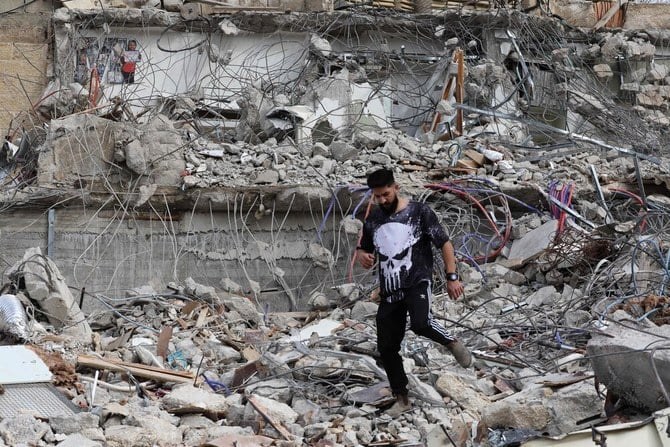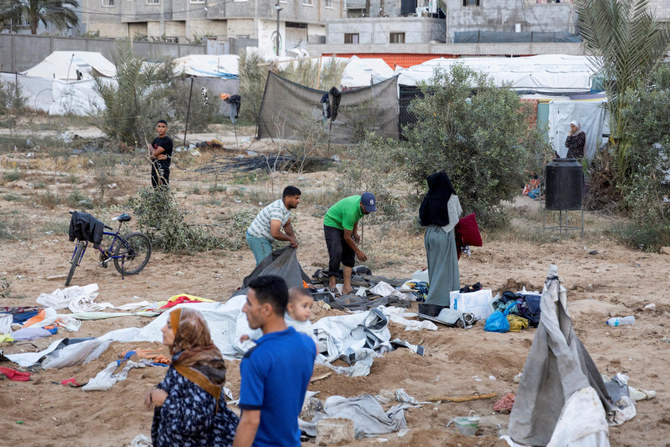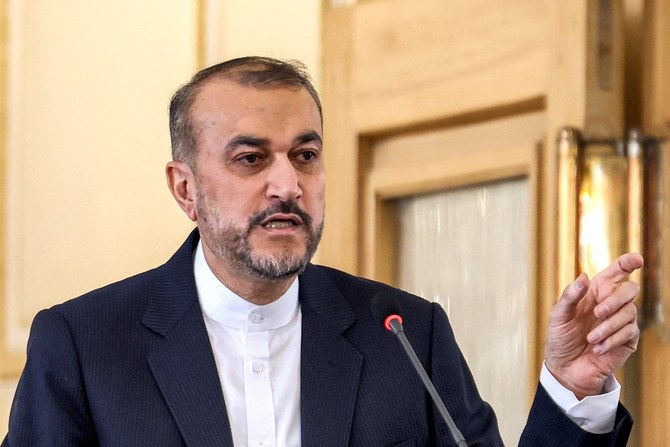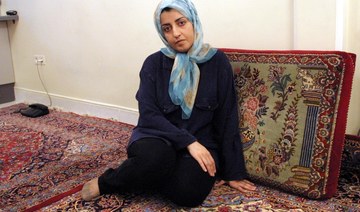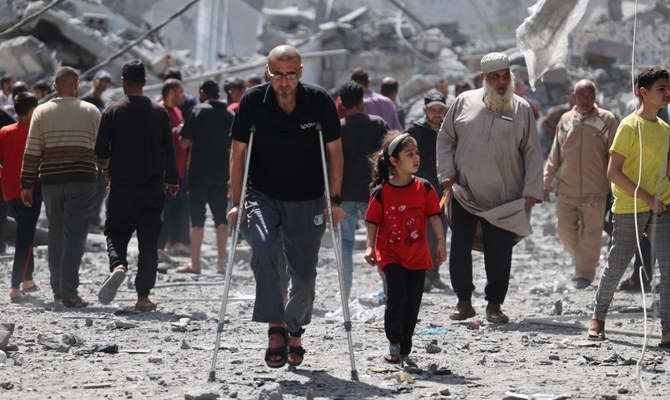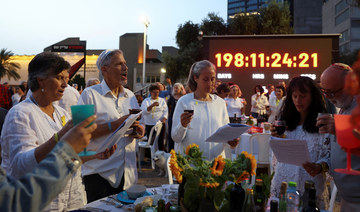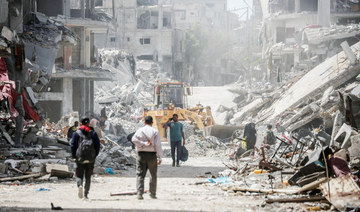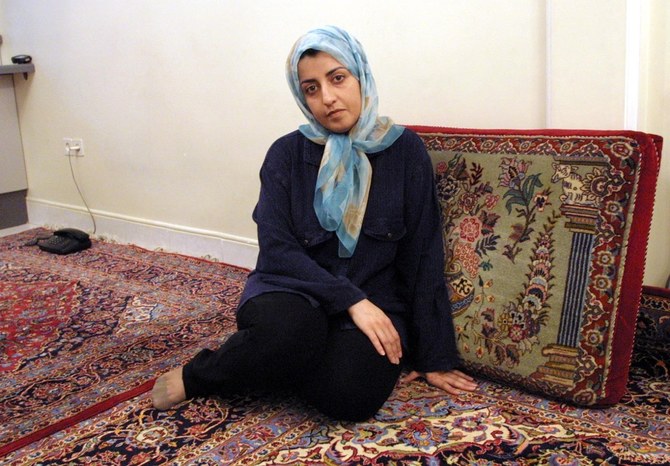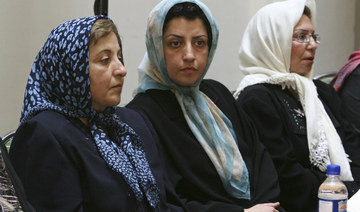RAMALLAH: Israeli authorities have stepped up the demolition of Palestinian homes in parts of East Jerusalem and the West Bank, following a policy formulated by extreme right-wing ministers in the country’s new government, local leaders say.
On Wednesday, Israeli bulldozers knocked down buildings in the Sur Baher, Wadi Al-Hummus and Silwan neighborhoods of Jerusalem. Rights activists urged people to publicly denounce the demolitions by posting messages on social media sites such as Twitter.
They also called on the Palestinian Authority, the international community and global institutions to intervene immediately to force Israel to halt the demolitions and displacements that threaten the Palestinian community in Jerusalem.
Since the beginning of this January, occupation forces have razed 30 homes in a number of the historic city’s neighborhoods. Last year, 211 Palestinian homes were demolished in Jerusalem.
In the village of Al-Khan Al-Ahmar, east of Jerusalem, a sit-in protest by villagers and activists from the Palestinian Wall and Settlement Resistance Commission continued for a second day on Wednesday.
Residents of the village and surrounding Bedouin communities fear Israeli authorities will demolish their homes, after a final six-month deadline for them to leave expired on Wednesday.
Eid Khamis Jahalin, a Bedouin leader from Al-Khan Al-Ahmar, told Arab News that people are scared that Israeli bulldozers will destroy the village and displace its 250 residents.
“The electoral program of both Itamar Bin-Gvir (the new Israeli national security minister) and Bezalel Yoel Smotrich (the minister of finance) is based on the demolition of Al-Khan Al-Hamar and the displacement of its inhabitants,” he said.
Hussein Al-Sheikh, from the Palestine Liberation Organization, called on the international community to intervene immediately to halt the demolition carried out by Israeli occupation forces in East Jerusalem and the West Bank, which he described as a continuation of a policy of displacement and “apartheid.” He said the Palestinian leadership would meet on Friday to discuss ways to respond.
Elsewhere, Israeli army forces continued to besiege Jericho, in the eastern West Bank, for a fifth day on Wednesday as they searched for two young men responsible for an attempted gun attack on a settlers’ restaurant at the entrance to the city five days ago.
Critics accused Israeli authorities of imposing a collective punishment policy in the city by obstructing the free movement of residents, searching their cars and checking their identities, resulting in long queues and people being stuck in their vehicles for hours.
Journalist Adel Abu Nima from Jericho told Arab News that the Israeli army on Saturday set up military checkpoints at all main entrances to Jericho city and its camps, Aqbat Jabr and Ein Al-Sultan, and blocked secondary entrances with mounds of earth, causing great disruption to the lives of city residents and visitors.
“Some citizens and workers wait at the Israeli military checkpoints for four hours, and some are prevented from leaving Jericho,” Abu Nima said.
Jericho is the only place from which 3 million Palestinians in the West Bank can travel to other countries, so the checkpoints have affected people traveling abroad and those who are returning.
“As a journalist covering the events in West Bank, including Jenin and Nablus, I have not seen such Israeli military measures against entire cities as is happening now against Jericho,” Abu Nima said.
Meanwhile, an Israeli human rights organization has accused Israeli authorities of tolerating settler violence against Palestinians for more than 17 years.
Yesh Din said in a report published on Feb. 1 that only 3 percent of cases of ideological crimes committed by Israelis against Palestinians in the West Bank during that time resulted in convictions and 93 percent of cases were closed with no indictment filed.
Data contained in the report showed that between 2005 and 2022, Israeli police failed to investigate 81.5 percent of alleged crimes committed by Israelis against Palestinians and their property.
The researchers said: “The state of Israel is evading its duty to protect Palestinians from Israelis who seek to harm them in the West Bank, as international law requires.
“Yesh Din’s long-term monitoring of the results of police investigations into incidents of ideological crime committed by Israelis demonstrates the enduring systemic failures of the Israeli authorities to enforce the law on Israeli civilians who harm Palestinians and their property in occupied territory.
“The fact that this systemic failure has persisted for at least two decades indicates that this is a deliberate policy of the state of Israel, which normalizes ideological settler violence against Palestinians in the West Bank, supports it and then reaps the rewards resulting from it.”
In another development, the Israeli Cabinet is due to discuss a decision to stop recognizing degrees awarded by Palestinian universities.
Avi Dichter, the Israeli agriculture minister, who previously was chief of the Israeli spy agency Shin Bet, said: “During the studies of Palestinian students from Israel in Palestinian universities, they are exposed to anti-Israel materials and messages, with which they return to the country and pass on to their students.”
Sheeran Haskel, a member of the Likud Party, claimed that more than 20 percent of teachers in Arab schools in Israel had graduated from Palestinian universities “after they absorbed the implications of portraying Israel as an enemy.”
Thousand of Palestinians who live in Israel study at universities in the West Bank.



